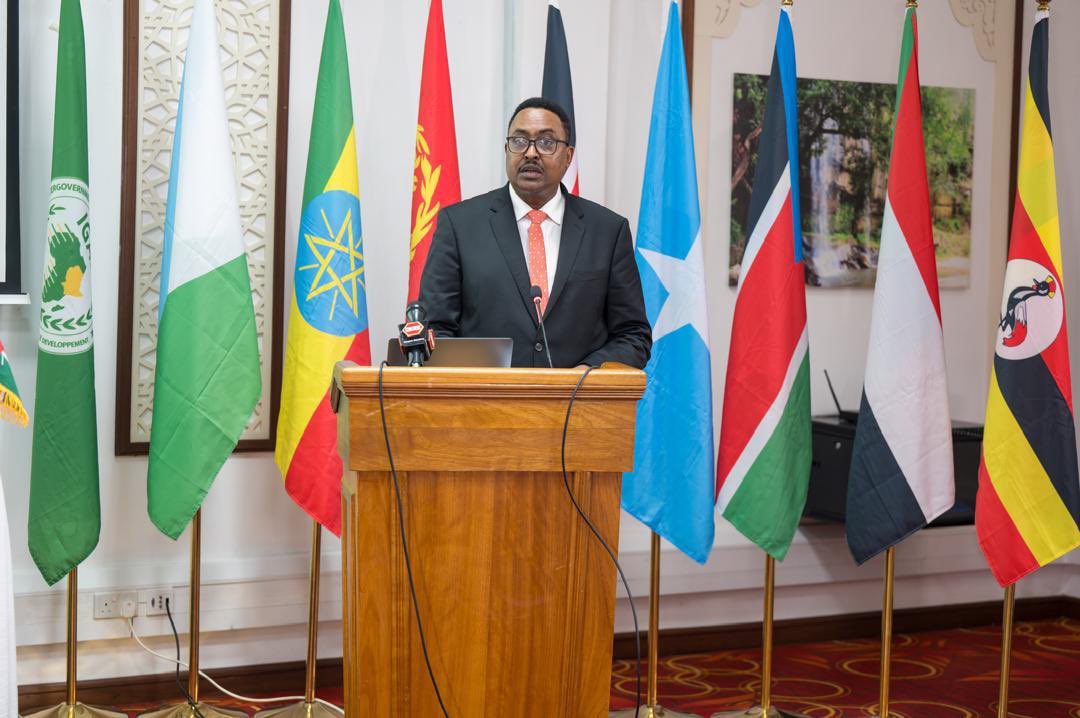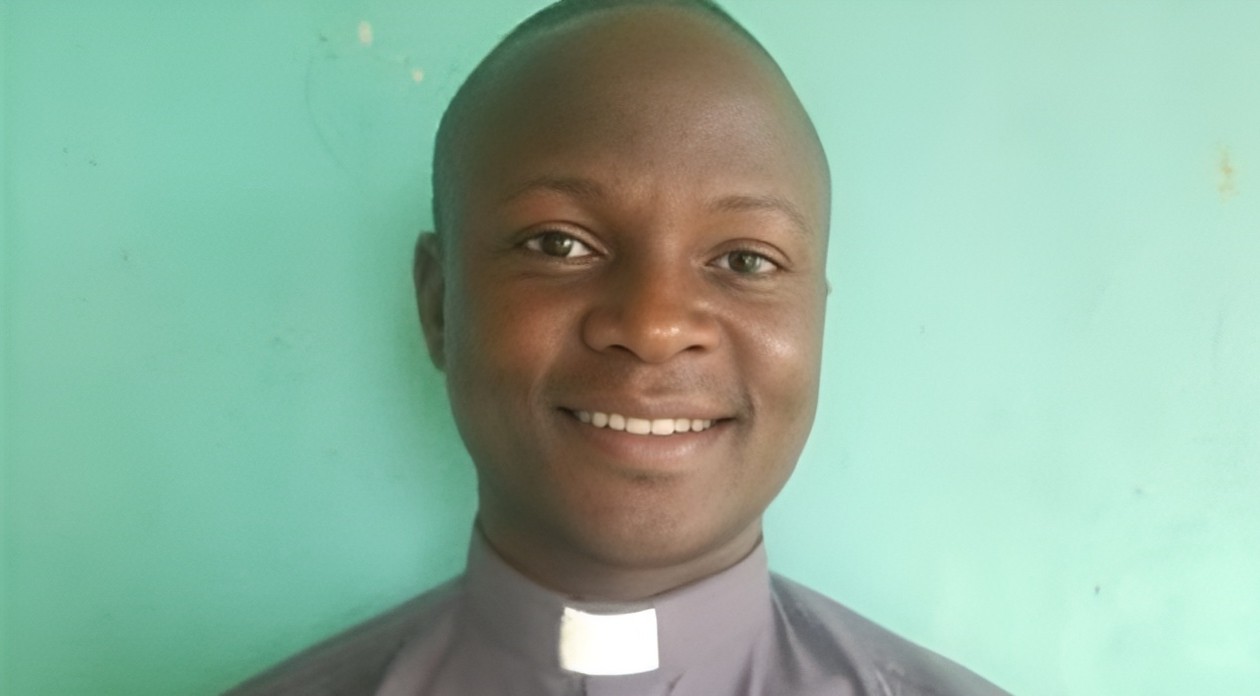IGAD launches high-level forum to boost regional security cooperation

The meeting, which brings together diplomats and member state officials, focuses on operationalising the Regional Cooperation and Coordination Mechanism (RCCM).
The Intergovernmental Authority on Development (IGAD) Security Sector Programme has inaugurated a high-profile forum aimed at bolstering regional cooperation against transnational security challenges.
The meeting, which brings together diplomats and member state officials, focuses on operationalising the Regional Cooperation and Coordination Mechanism (RCCM).
More To Read
- Djibouti confirms Eritrea’s formal exit from IGAD regional bloc
- IGAD regrets Eritrea’s ‘premature’ withdrawal from regional bloc
- Eritrea withdraws from IGAD for second time, citing ‘failure to meet aspirations of the region’
- Kenya urges stronger regional cooperation as transport corridors fuel disease risks across East Africa
- Kenyan journalists celebrate climate reporting wins at IGAD Media Awards 2025
- IGAD ministers renew regional pact on refugees as Kenya demands fair burden‑sharing
The two-day discussions are designed to address critical security concerns such as terrorism, human trafficking, cybercrime, and illegal arms trade.
These issues, IGAD noted, have not only destabilised lives but also severely impacted economies across the region.
Speaking at the event, IGAD Executive Secretary Workneh Gebeyehu emphasised the urgency of collective action.
“Organised crimes have risen sharply, with incidents increasing by 30% in recent years. This calls for a unified approach to safeguard the region’s stability,” he said.
Financial impact
Gebeyehu highlighted the immense financial impact of cybercrime, referencing global estimates valuing the cybercrime economy at $9.5 trillion annually.
He described the RCCM as an essential tool for fostering regional security, enabling member states to share intelligence, streamline legal frameworks, and strengthen their collective capacity to combat crime.
While progress has been made—such as the development of IGAD conventions on Mutual Legal Assistance and Extradition—Gebeyehu acknowledged challenges. He cited delays in ratification and resource constraints as significant barriers but urged member states to expedite these processes.
“The establishment of the IGAD Criminal Information System marks a turning point in how intelligence is collected and shared. This innovation promises faster, more coordinated responses to emerging threats,” he noted.
Capacity-building initiatives, which have trained over 2,000 security personnel since 2014, were also highlighted as critical in equipping member states to address increasingly complex crimes.
Gebeyehu called for stronger partnerships at all levels, including engagement with communities, civil society, and local leaders. “True security is built from the ground up. Everyone has a role to play in creating a safer region,” he said.
The forum’s outcomes are expected to pave the way for enhanced cooperation, with a focus on dismantling criminal networks and setting a global standard for regional security collaboration. “This mechanism is not just a policy document—it’s a call to action. Together, we can transform challenges into opportunities for a resilient and peaceful future,” Gebeyehu said.
Top Stories Today












































